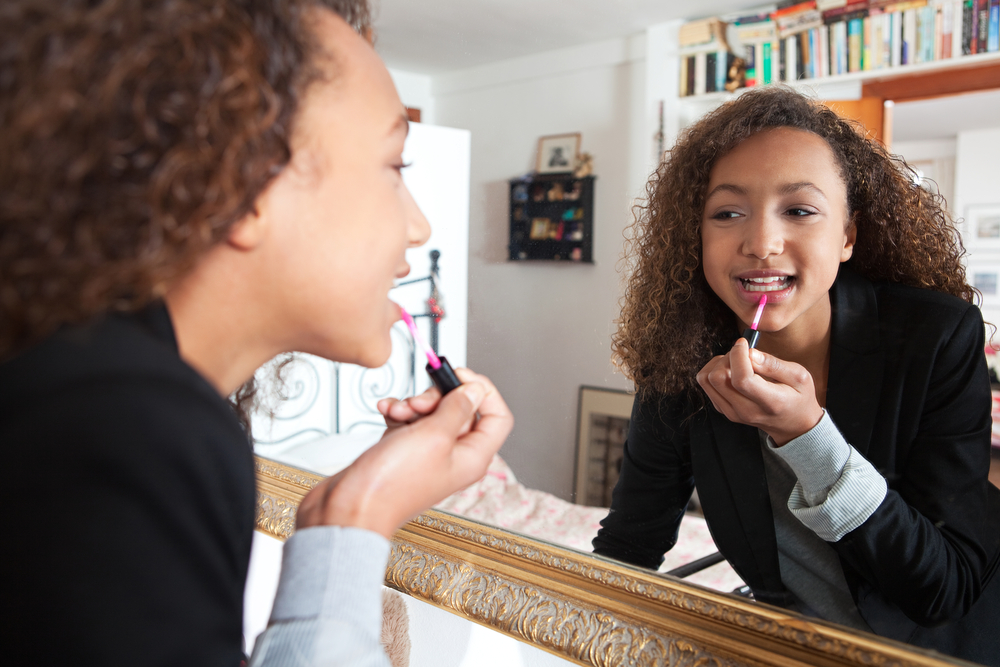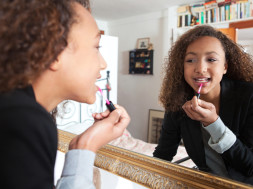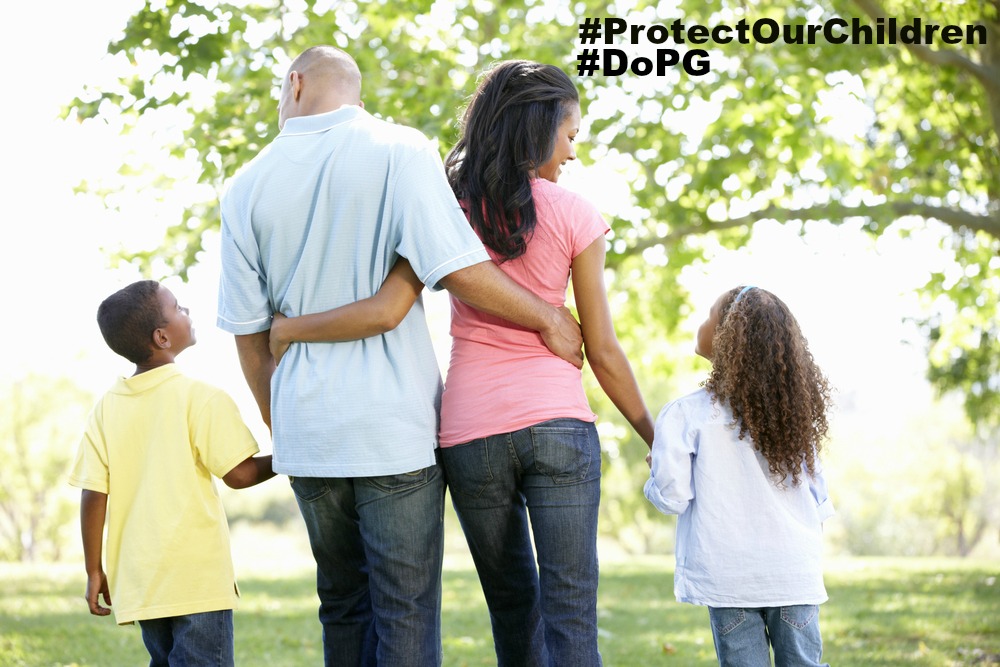
TV shows, music videos, advertisements and other media content portray various stereotypes to the viewing public.
Stereotypes are essentially classifications that are promulgated and may influence an opinion about other people based on their culture, race, body type, sexuality, political affiliation and religion, among other things. A stereotype may be created, for example, when only some types of body images or persons of a particular skin tone are consistently used to represent desirable products, lifestyles, appearances or other positive characteristics in media. Viewers may be led to conclude that other body types and representations are negative or inferior.
Children and young adults, especially, learn from and emulate what they see around them. In fact, even toddlers are known to imitate what they see and hear on the radio, television, and new media.
The role of the media
The media consists, in the main, of radio, television, newspapers, books, magazines and content delivered via the internet. In recent times, the latter has overtaken the others, especially as TV and radio programmes, newspapers, videos, books and magazines can all be accessed online. However, in Jamaica, TV and radio are still popular, providing a wide range of audio-visual content.
With so many different types of content and the volume in which it is available across media platforms, the media must be sensitive and take reasonable measures to protect viewers and users from stereotypes which create negative impressions, especially on younger ones; since this could influence how they view themselves and others around them. This responsibility applies as well to all persons who create and upload content (“user-generated content”) such as videos on YouTube.
The Role of Parents
Parents are also responsible for helping to frame their children’s understanding of the world. This includes teaching the importance of self-love, explaining right from wrong, and helping them to recognise and make good choices. Many studies have shown that, on average, the presence of parents in a child’s life helps them to make better choices as they grow older.
However, this is easier said than done because increasingly, many parents are not capable or sufficiently able to guide their children as they are also young. In 2013, a State of the World Population Report showed that Jamaica had the fourth highest rate of teen pregnancy in the region. Also, from an early age, children are being exposed to smart devices and heavy access to a wide range of content on social media platforms and across the internet.
This places a greater burden on media and the wider society to help regulate children’s access to media. This is one of the roles of the Broadcasting Commission of Jamaica, which it fulfils through a “media literacy” programme including presentations to children and adults across the island on opportunities and challenges in the digital society.
Media literacy focuses on the empowerment of media users. In the case of vulnerable groups such as children and teenagers, the emphasis is on helping them to: develop the capacity to recognise and navigate away from harmful content; understand the impact of media on their socialization and wellbeing; contextualise and make sense of content – taking account of sources; and create and disseminate their own information.
Do you think that negative stereotyping in media is affecting your child? How do you handle it?
If you would like the Broadcasting Commission to make a presentation to your school, PTA or group about opportunities and challenges in the digital society contact us at info@broadcom.org or message us on Facebook.
(3861)
-
Luci Luant
-
Joneil Jermaine Alcock
-
Devonnie Garvey
-
Constance Payne






